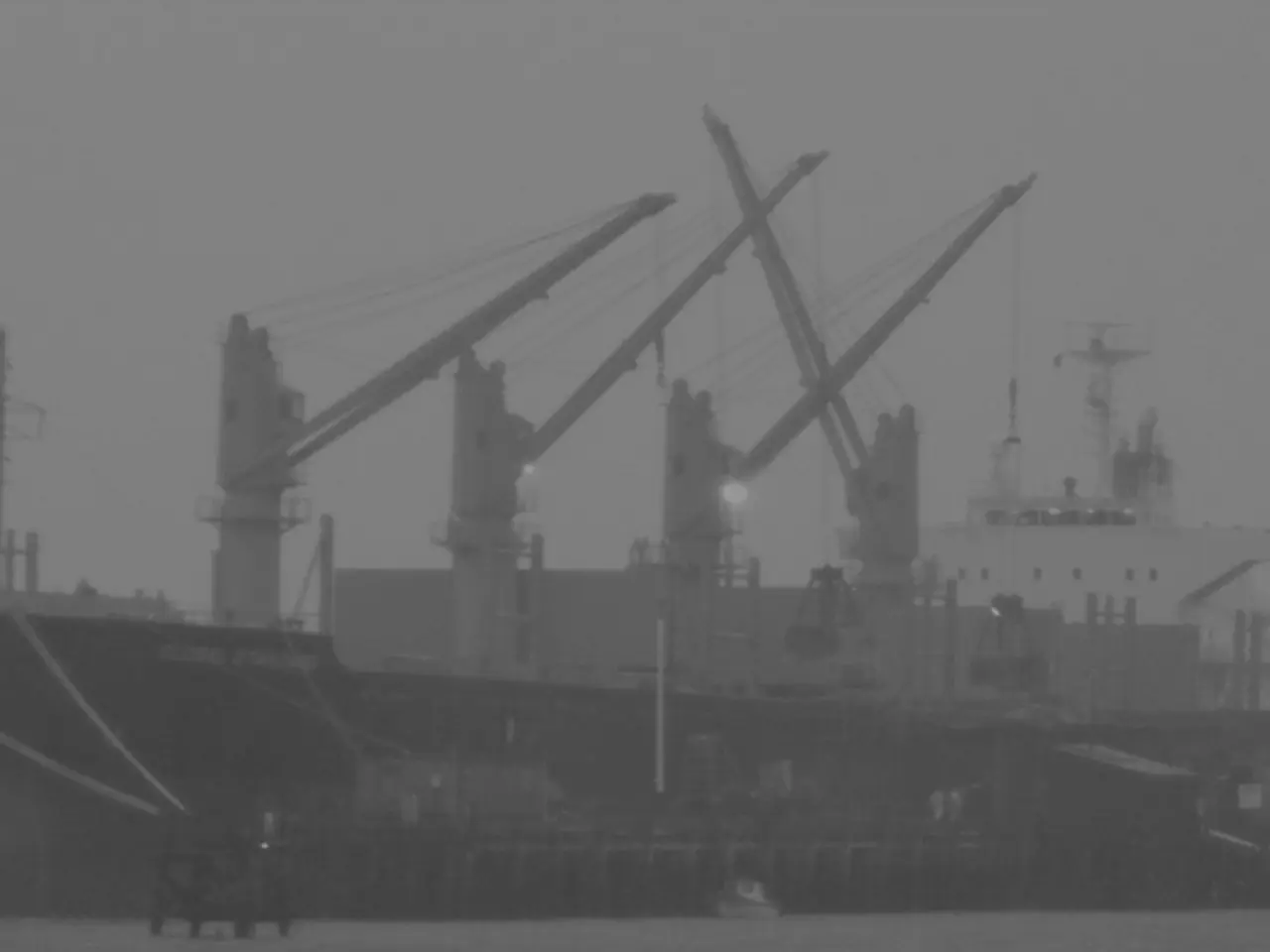Navigating the Role and Influence of Global Marine Authorities
In the vast expanse of the world's oceans, international maritime organizations play a crucial role in maintaining the smooth flow of global trade and ensuring the safety, security, and environmental sustainability of maritime operations. These organizations, such as the International Maritime Organization (IMO), the International Association of Classification Societies (IACS), and the International Maritime Bureau (IMB), establish standards and regulations that govern shipping practices, fostering a structured framework that ensures safe, efficient, and environmentally sound maritime operations.
The IMO, a United Nations specialized agency, is pivotal in setting regulatory frameworks that enhance maritime safety and security, contributing to reducing maritime accidents and improving the reliability of global supply chains. One of the IMO's primary objectives is the promotion of maritime safety, the prevention of marine pollution, and the enhancement of shipping efficiency. The organization has adopted several key measures in recent years to promote emission reduction in shipping, including the 2018 Initial IMO Strategy on reduction of greenhouse gas (GHG) emissions from ships and the updated 2023 IMO Strategy on Reduction of GHG Emissions from Ships.
The IMO creates binding legal frameworks for member states through various conventions such as the International Convention for the Safety of Life at Sea (SOLAS) and the International Convention for the Prevention of Pollution from Ships (MARPOL). Compliance and enforcement mechanisms, such as flag state responsibilities and port state control, are vital to upholding maritime law and ensuring adherence to regulations. Flag state responsibilities encompass the duties and obligations that a country's government assumes concerning vessels registered under its flag, including ensuring compliance with international maritime conventions and conducting inspections. Port State Control refers to the regulatory inspections carried out on foreign vessels visiting a port to ensure compliance with international standards, preventing substandard shipping practices and ensuring vessels abide by environmental regulations.
The IACS is responsible for establishing and maintaining standards for the design, construction, and maintenance of ships and marine structures. Through guidelines that promote fair competition and quality assurance, international maritime organizations bolster trust in global shipping. The IACS comprises various classification societies dedicated to promoting maritime safety and environmental protection.
The IMB serves as a specialized agency within the International Chamber of Commerce, focusing on enhancing maritime safety and security worldwide. Its primary responsibility is to combat maritime crime and fraud, particularly in relation to piracy, human trafficking, and maritime fraud. The IMB operates the Piracy Reporting Centre, which provides real-time assistance and guidance to vessels in distress.
International maritime organizations encounter various challenges, such as political will, funding shortages, and the rapid advancement of technology, that impact their effectiveness in regulating maritime activities. Future directions for international maritime organizations include enhancing sustainability and safety, reducing greenhouse gas emissions, implementing digital technologies, addressing cyber threats, and fostering collaboration among nations. These organizations establish standards and regulations that enhance safety, security, and environmental protection in international waters, playing a pivotal role in shaping the framework of admiralty law, which governs maritime activities and disputes.
In conclusion, international maritime organizations are pivotal in ensuring compliance with admirality law, fostering a structured framework that governs maritime operations, maintains safety, security, and environmental protection at sea, and facilitates international trade. Their work contributes significantly to the smooth flow of global trade and the protection of the world's oceans, ensuring a sustainable and secure future for maritime activities.
Read also:
- Nightly sweat episodes linked to GERD: Crucial insights explained
- Antitussives: List of Examples, Functions, Adverse Reactions, and Additional Details
- Asthma Diagnosis: Exploring FeNO Tests and Related Treatments
- Unfortunate Financial Disarray for a Family from California After an Expensive Emergency Room Visit with Their Burned Infant








